Bad Credit Mortgage
- Access to competitive rates and some you can't get direct
- Specialist Mortgage Advisers
- Free initial consultation
Home » Bad Credit Mortgage

Bad Credit Mortgage
Chris Needham explains how mortgages work if you have bad credit.
What is bad credit and how do I know if I have it?
A credit score takes into account a person’s address history, the amount of debt they currently have, and how much debt they’ve had in the past.
It also considers whether they’ve kept up to date with payments on those credit commitments. It’s not just personal loans and credit cards; it includes other things such as store cards and utility bills.
If someone has missed payments in the past or has fallen into arrears on a commitment, this would be classified as an adverse entry on their credit file. It’s often known as ‘bad credit’.
It’s quite common for people to have a blip on their payments, as a credit file looks at your last six years of history. A missed payment, or falling into arrears with a commitment, would be called an adverse entry on your credit file and would impact your credit score.
The best way to check your credit score is to download one of the reports from one of the four UK credit agencies. We often recommend CheckMyFile, which covers all four agencies and gives you an overview of what your score is with each one.
And while some people have an adverse entry on their credit file because they’ve not kept up-to-date with payments, it can sometimes be a shock to find something on the file. In some cases there’s been identity theft, where someone’s taken out a mobile phone contract, for instance and that’s resulted in bad credit.
Can I get a mortgage with bad credit, and will anyone lend to me with bad credit?
Some people don’t even realise that their credit file is less than perfect. We would always recommend checking your score at the start of the mortgage process.
We often work with a client to look through that credit report just to understand any issues and make sure that everything is correct. Some lenders will accept clients with adverse credit, and that’s where our knowledge and experience comes in.
We know which lenders may accept an individual’s application, and which lenders wouldn’t. So speak to an advisor, and we can look through your credit file with you. Sometimes it’s clear that someone wouldn’t get a mortgage at the moment. But we give them an action plan of how to improve their score so that in future, they’ll be in a better position.
Can you get a mortgage with a 500 credit score?
The credit agencies, Experian or Equifax or TransUnion, for example, all calculate credit scores differently. Plus, each lender might also use a different agency for their credit scoring.
So it’s difficult to talk about specific numbers. It may be that a score of 500 isn’t high enough for most high street lenders. But it’s important for us to understand what the root cause is that’s dragging down that credit score – then we can find a lender that might accept an application.
What are the main types of bad credit?
The main ones we see are County Court Judgments (CCJs), defaults or Individual Voluntary Agreements (IVAs), all of which can be on your credit file.
But it doesn’t need to get to that stage of adverse credit before it’s an issue with lenders. Someone may have just missed their latest water bill or utility payment, and that can have an impact on which lenders would accept an application.
If you look at it from a lender’s point of view, if you’ve just missed your £100 gas bill, the lender’s wondering if you can afford to repay a mortgage.
But, even with a County Court Judgment, a default or an IVA on your credit file, it can still be possible to obtain a mortgage. You’re just less likely to get the lowest-cost schemes available.
It also depends on how long ago the issue was, how much the debt was for at the time, and what action you’ve taken to try and improve things since then. Recently, we’ve seen quite a lot of clients that have had parking fines issued – they’ve remained unpaid and resulted in a County Court Judgment.
It can be a relatively small debt in the scheme of things, certainly less than £500. And more lenders will accept this than someone who has a voluntary arrangement with their creditors.
Again, there are many different types, so get your credit report and let’s work through it together to make a plan going forward.
Speak To an Expert
How can I improve my credit score?
The first thing is to obtain a copy of your credit file so that we can go through it and check that everything is correct. We would make sure the address history is right, that you’re on the electoral register, and that’s showing on the credit file. We also check that the credit commitments are correct and nothing is showing that shouldn’t be there.
Often missed payments in the past are where someone’s moved address. They might have left a rental property, moved to a new property, and missed some payments for a utility bill or a mobile phone where the bill was going to the old address. Things like that can impact your credit file.
WIth anything you genuinely believe shouldn’t be there, you can appeal to the credit agencies with evidence and they can correct your credit file.
To improve your score, only take out credit arrangements if you need to. If you do have a credit card or personal loan, pay it on time. With credit cards, it’s important not to go over the limit. So if you’ve got a card with a £2,000 limit, don’t try and spend £2,100 on it, for instance.
A lot of First Time Buyers take out a credit card to try and boost their credit score. They set out to pay it off in full each month, to prove to a lender that they’re good with credit. But sometimes, they’ll get the credit card, fill it up to the limit, and then only make the minimum payment each month. That actually has a negative effect, because the lender sees that as a debt you can’t afford to clear.
Is the mortgage process any different for First Time Buyers with bad credit?
There are a couple of common examples. Often First Time Buyers have always lived at home with parents. They’ve not been named on utility bills, so there’s less information on their credit file. Paying utility bills on a regular basis can lift your credit score.
Often First Time Buyers are perceived as more risk to the lender because they may have a smaller deposit than someone who is remortgaging and has owned the property for a number of years.
If you’ve got a 5% deposit, for instance, as First Time Buyers, you really need your credit score to be high for the mortgage to be approved. You’re more of a risk to the lender than someone with a 40% deposit.
But if you’re remortgaging and you’ve got an adverse entry on your credit file, that can cause issues as well. So the process is the same. Check your credit score, and if you’ve got any concerns about it, show it to us at the start of the process so that we can advise.
What else do we need to know about bad credit mortgages?
It wouldn’t be complete if I didn’t say my usual line – if you’re in doubt, just speak to a mortgage advisor. We’ll get a copy of your credit report right at the start of the process and help you from there.
Sometimes clients may think they can’t get a mortgage because they know they’ve had some missed payments in the past. But often we can help them. So if you’ve got adverse credit, don’t worry about it. Speak to us, and we’ll see what we can do.
Your home may be repossessed if you do not keep up repayments on your mortgage.

